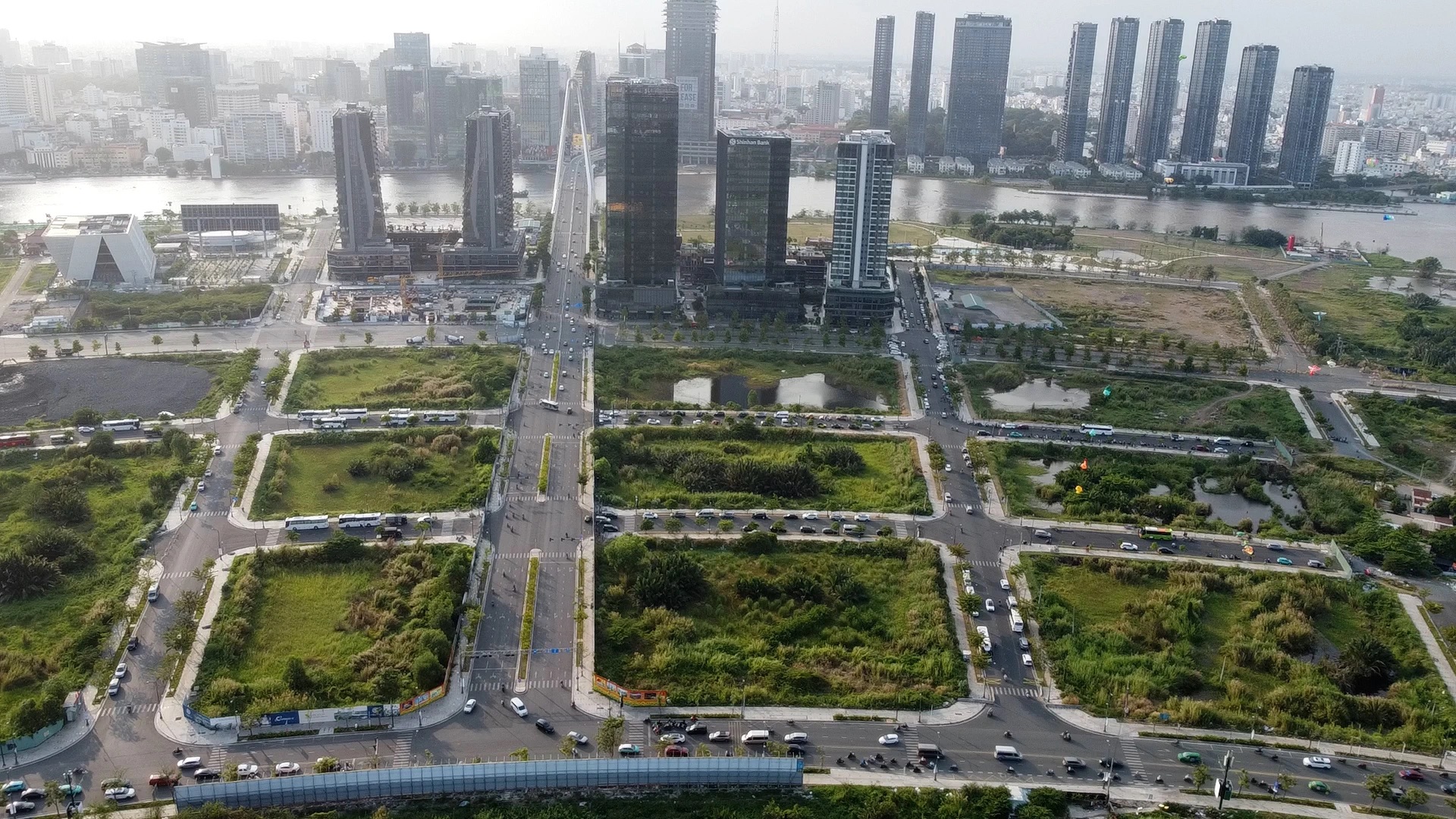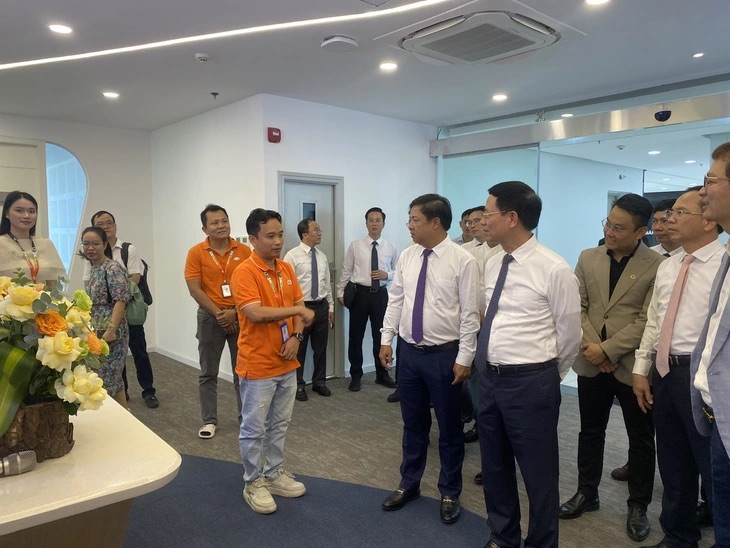Despite Losses, VinFast Remains Confident In Achieving Its Goals
Vietnamese electric vehicle maker VinFast reported a net loss of $812 million in Q2 2025, up 15% from the previous quarter. Yet, the company also recorded strong performance indicators: revenue grew nearly 92% year-on-year to $663 million, and vehicle deliveries jumped 172% to 35,837 units in the same quarter. With 72,167 cars delivered in the first half, VinFast remains optimistic about reaching its ambitious full-year goal of 200,000 units.

To support this aggressive expansion, VinFast is scaling globally with new operations in India and planned facilities in Indonesia. The company is also shifting to a dealership-based model to reduce costs and recently spun off its R&D assets to founder Pham Nhat Vuong for $1.5 billion. According to chairperson Thuy Le, early-stage losses are expected, but improving margins and a roadmap to break even by 2026 offer signs of long-term sustainability.
VinFast’s “growth-at-all-costs” strategy mirrors that of global tech startups, focusing on market capture over short-term profit. While the rising losses may concern some, the strong revenue and delivery growth suggest its approach is gaining traction. Backed by strategic cost controls and a clear expansion plan, VinFast is positioning itself as a serious EV contender, especially in emerging markets.
Vietnam Begins $7B Financial Hub In HCMC To Compete Regionally
Vietnam is moving forward with one of its most ambitious financial projects to date: the construction of a $7 billion International Financial Centre (IFC) in Ho Chi Minh City. Set to break ground in September 2025, the hub will span 783 hectares across Bến Thành and Thủ Thiêm, with a 9.2-hectare “core zone” housing courts, regulators, and supervisory agencies. Partial operations are expected to begin within the same year, with full completion targeted in five years. The project aims to position Vietnam alongside regional powerhouses like Singapore and Hong Kong in global finance.

Initial investment for the first 2–3 years is set at 16 trillion VND, with 2 trillion coming from the state budget and the rest expected from domestic and international investors. The HCMC IFC will focus on banking, capital markets, asset management, fintech, and derivatives, while Da Nang will complement it with green finance and crypto-asset pilots. Still, the project faces long-standing hurdles, particularly regulatory uncertainty and investor trust. Previous IFC plans have stalled due to these issues, making legal reform and capital market development crucial for success.
While infrastructure will be key, the real test lies in Vietnam’s ability to deliver consistent, investor-friendly regulation and governance. If done right, the IFC could reshape Ho Chi Minh City’s role in the global economy, attract serious foreign investment, and drive financial sector innovation. For young investors and professionals, this signals growing opportunities in Vietnam’s maturing capital markets and financial services landscape.
Da Nang Leads Vietnam’s Push To Become A Global Financial Hub
Vietnam is stepping up its ambition to become a global financial hub, with Da Nang emerging as the country’s first digital asset “sandbox.” The city has approved a controlled trial for digital asset conversion, starting with Basal Pay - a blockchain-based platform aligned with international anti-money laundering (AML) and counter-terrorism financing standards. This move positions Da Nang as a national testbed for blockchain innovation and aligns with the government’s broader push to modernize its financial systems under Resolution No. 57/NQ-TW.

However, experts at the Vietnam Blockchain Day 2025 event warned that the lack of a clear regulatory framework remains a major roadblock. Without standardized rules for stablecoins, KYC/AML compliance, and investor protection, Vietnam risks falling behind in integrating with global financial ecosystems. Participants stressed the need for active state participation to build market trust and avoid instability, particularly as digital asset adoption grows.
Vietnam’s use of Da Nang as a pilot zone for digital assets is a strategic and forward-looking move. It allows the government to experiment with new financial technologies in a controlled setting before scaling. While the direction is promising, experts agree that real progress will depend on how quickly Vietnam can develop a comprehensive legal framework, improve infrastructure, and nurture globally relevant talent. These steps are essential to turn vision into reality and attract serious investment to the country’s fintech future.
Vietnam Nears FTSE Market Upgrade As Reforms Show Results
Vietnam is making strong progress toward being upgraded from a Frontier Market to a Secondary Emerging Market by FTSE Russell. According to HSBC, the country has met 7 out of 9 criteria, with the remaining gaps tied to legal improvements and the rollout of the KRX trading system. If successful, this upgrade would open the door for Vietnam to join major indices like FTSE All-World and FTSE Emerging Markets, potentially unlocking billions in foreign capital.

Foreign ownership limits (FOLs) remain a sticking point, with actual foreign ownership on the VN-Index sitting at just 17%, despite an average limit of 42%. Still, the market is showing resilience: Vietnam’s stock market is up 40% year-to-date, outperforming many global peers. HSBC estimates that an upgrade could attract $3.4 billion in capital inflows, and up to $10.4 billion in the most optimistic scenario. Key reforms, including the easing of pre-funding rules in September 2024 and the launch of the KRX platform in May 2025, are expected to boost market efficiency and investor confidence.
Vietnam is on the cusp of a financial milestone that could enhance its global standing and investment appeal. While challenges remain, particularly around foreign access and bureaucracy, ongoing reforms signal a clear commitment to modernization.
Genesia Ventures is an early-stage venture capital firm operating in Japan and Southeast Asia, with a strong belief in the long-term potential of Vietnam’s digital economy. Beyond providing capital, the fund actively supports startups through strategic guidance and connections to a broader regional network.
